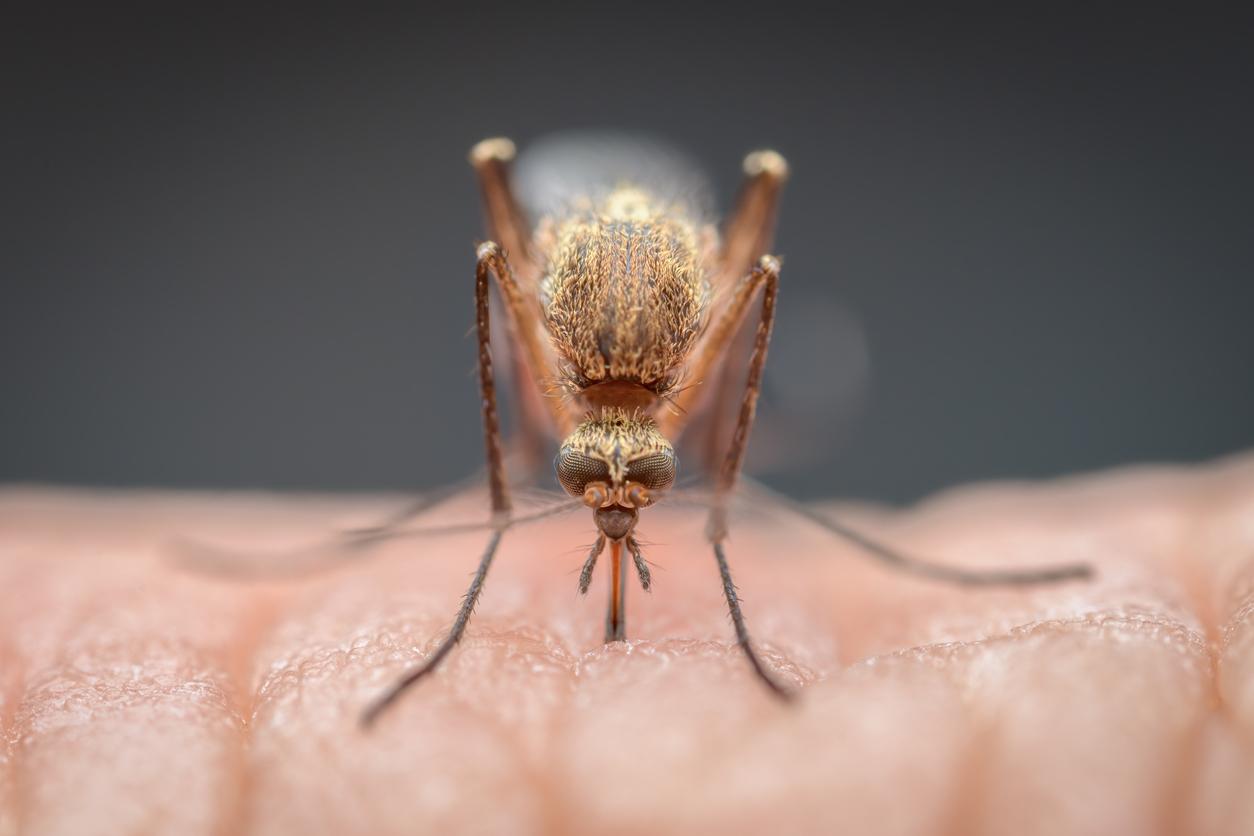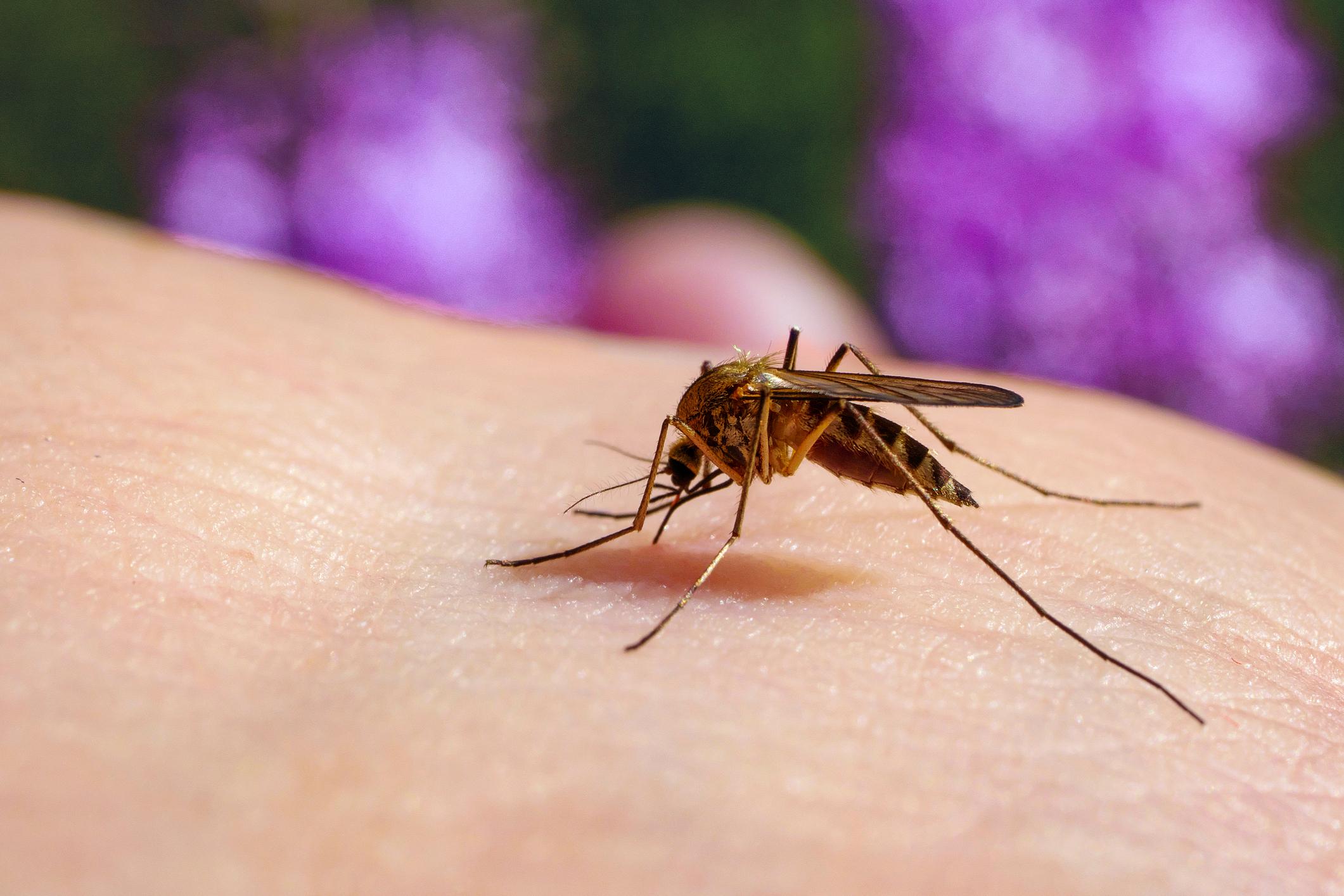An agent working in contact with animals at the Montpellier zoo has been identified as infected with Q fever. This disease, also called coxiellosis, is more commonly encountered by staff in contact with farm or wild animals and in slaughterhouses. While Q fever is highly contagious, since it only takes a very small number of bacteria to make a person sick, it is not fatal and is not transmitted directly from human to human.
For the moment, this case of infection seems isolated. In addition, there is no evidence that this contamination occurred at the zoo. However, the Regional Health Agency was alerted to determine the severity of the case.
Analyzes on employees and animals
A serology (blood test) will be offered to animal personnel in order to identify any new cases.
An epidemiological investigation is underway, but no symptoms of the disease have yet been detected in the species. The zoo also had analyzes carried out on the animals, the first returns being negative, a second series of analyzes will be carried out to confirm this result.
A flu-like illness
Q fever is a zoonosis, a disease transmissible from vertebrate animals to humans, caused by the bacterium Coxiella burnetti. The bacterium lives by infesting most domestic or farm animals such as dogs, cats, cattle or chickens. Initially called slaughterhouse infection, Q fever owes its name to the diagnostic and etiological difficulty: Q as a question. Indeed, the disease can be very variable from one subject to another.
Its incubation period is 2 to 3 weeks. The symptoms of Q fever are close to those of a flu (fever and cough), and the disease is easily treated with antibiotic therapy. However, it may present a greater risk in vulnerable people, such as pregnant women and subjects with reduced immune defenses.
It is estimated that there would be 50 cases per 100,000 inhabitants in exposed regions such as the south of France.
Opening of the zoo to the public maintained
Hygiene measures have been reinforced for all animal personnel, but any risks of contamination having been deemed extremely low, no measures have been taken concerning the reception of the public within the zoological park.
A third of the site, which is the most visited in the Montpellier conurbation, remains however closed due to the severe risk of fire.
Read also :
A microbe zoo has opened in Amsterdam
Cat bites can have serious consequences
15 million year old bacteria in our intestines















